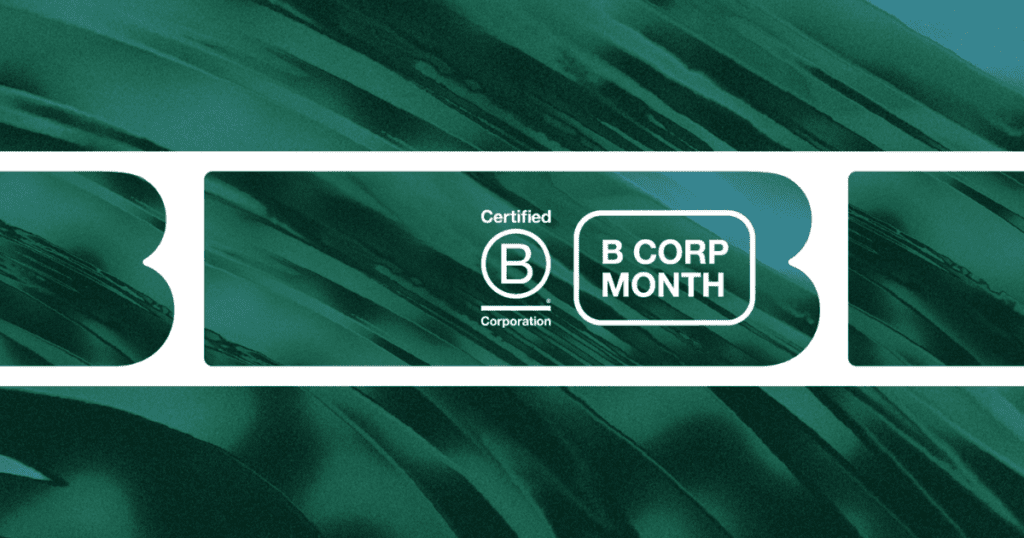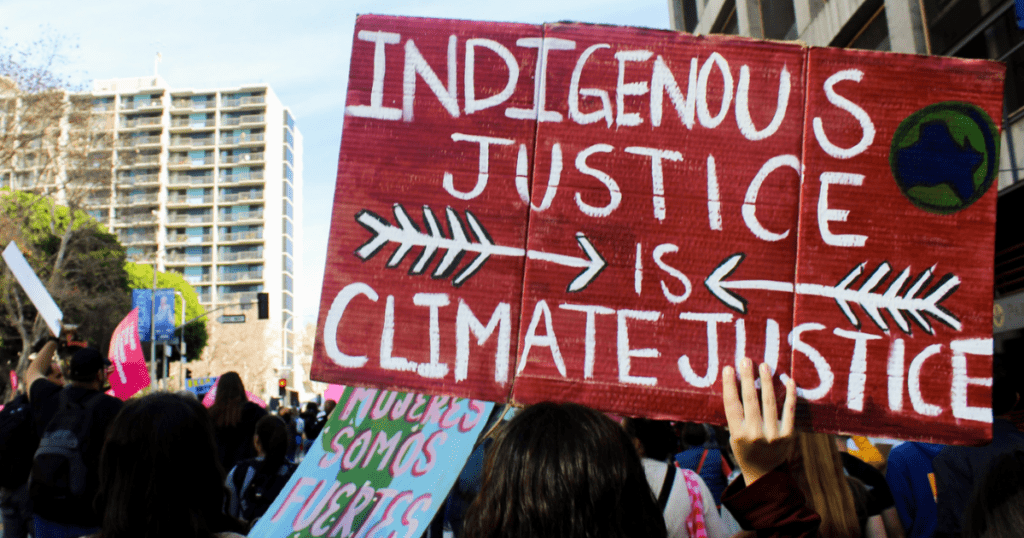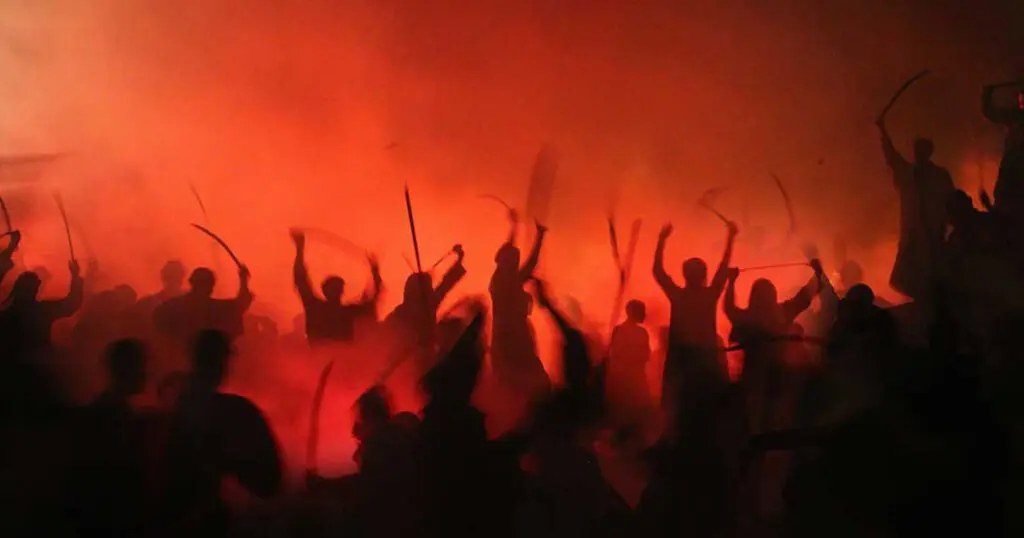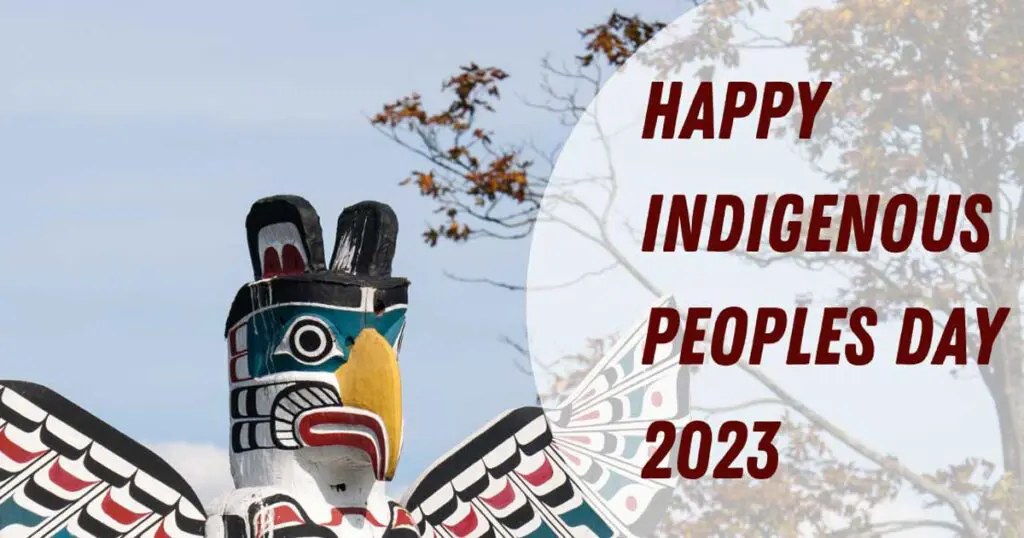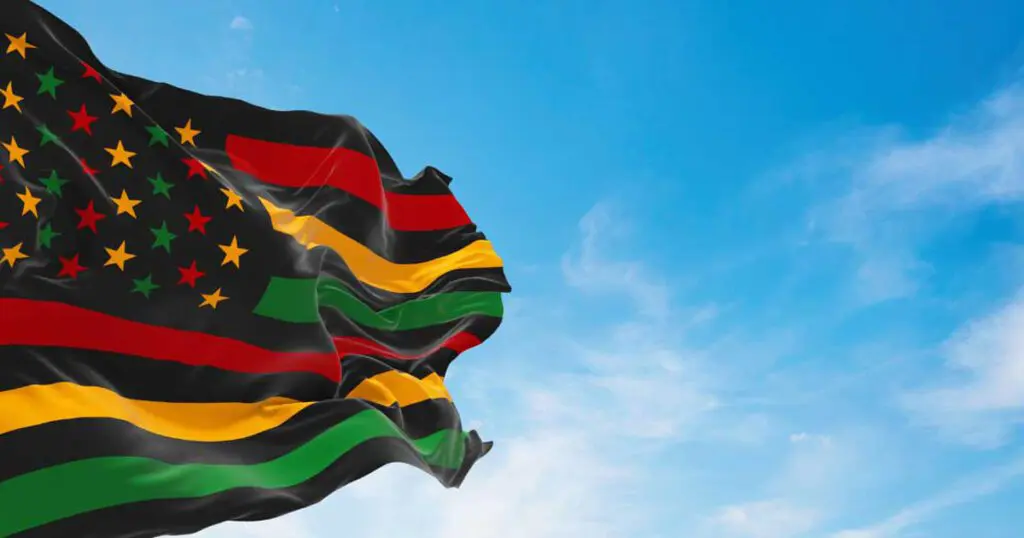Doing Business Better: A B Corp Story
New Society Publishers became a Certified B Corporation™ in June 2016. With this certification, New Society Publishers receives recognition for our existing social and environmental performance standards and becomes part…

